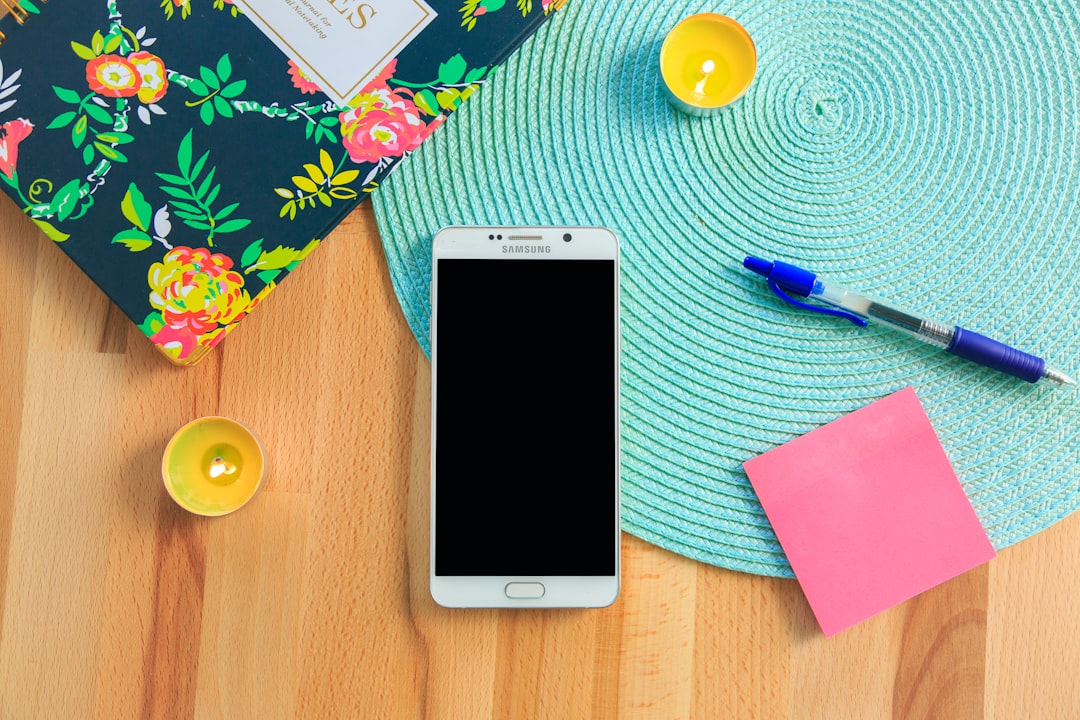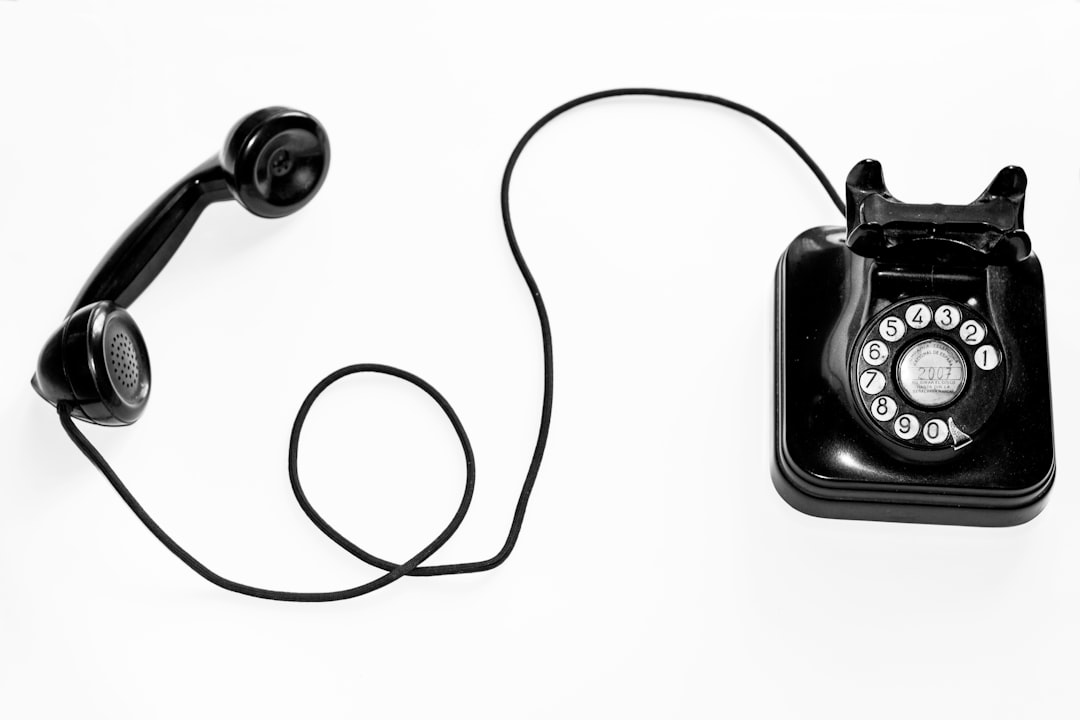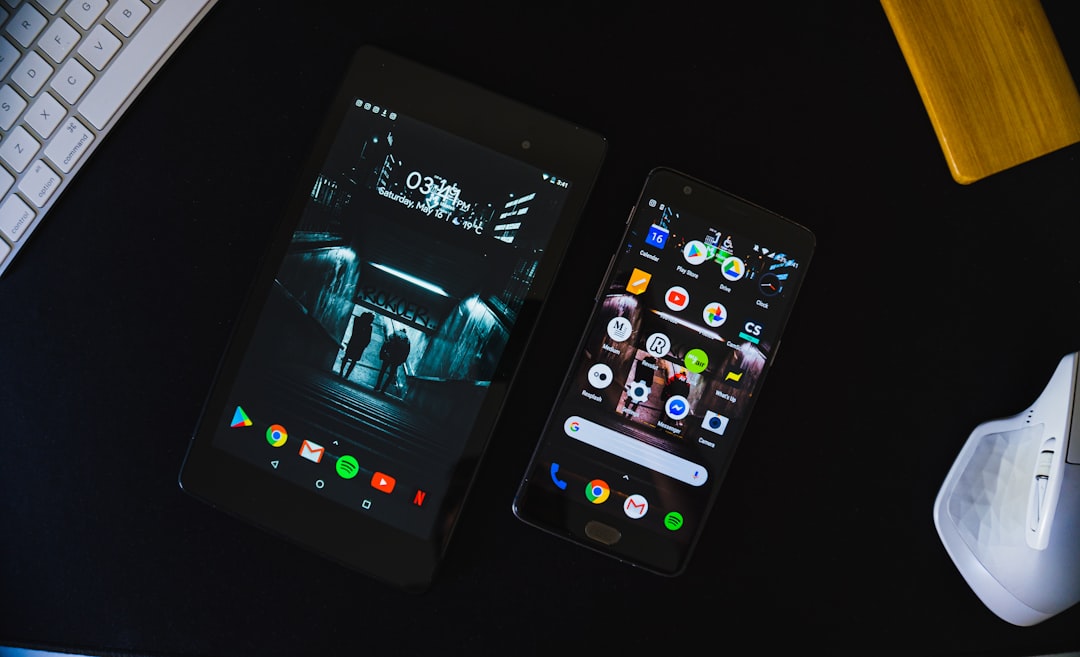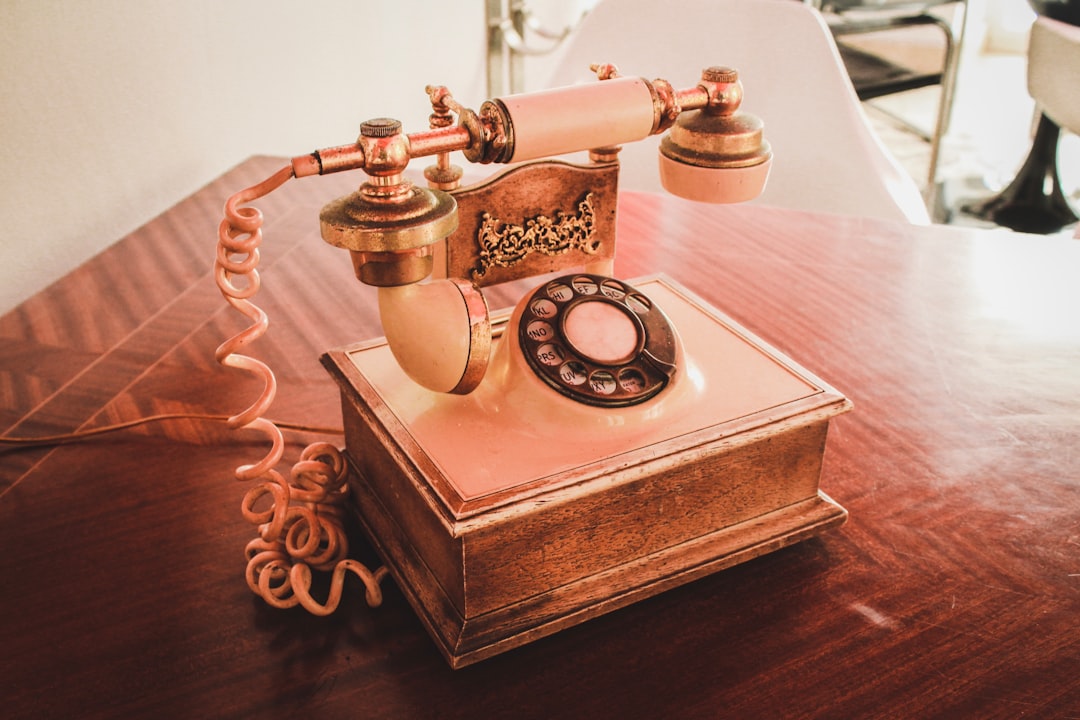Robocalls are a common issue in Louisiana, but they can invade privacy and violate state/federal laws like the TCPA. You may have grounds for legal action if you've received unwanted automated calls, including healthcare robocalls in Lake Charles. Documenting call details is crucial when considering if you can sue for robocalls in Louisiana, where strict regulations exist for telemarketing practices. Complain to FTC and report illegal calls to the state attorney general's office, seeking individual damages or broader protections with a consumer rights lawyer.
“In today’s digital age, robocalls have become a ubiquitous yet often nuisance aspect of daily life. This is particularly true in Lake Charles, Louisiana, where healthcare-related robocalls can raise legal questions and concern consumer privacy. This article delves into the legal landscape surrounding healthcare robocalls in LA, exploring consumer protection laws, permissible use cases, and your rights as a resident. We also address strategies for dealing with unwanted calls and provide a comprehensive guide on whether—and how—you can sue for robocalls in Louisiana.”
Understanding Robocalls and Consumer Protection Laws in Louisiana

Robocalls, automated phone calls that deliver pre-recorded messages, have become a ubiquitous part of modern communication. While they can be used for legitimate purposes like appointment reminders or public service announcements, they often invade consumers’ privacy and spark frustration due to their unsolicited nature. In Louisiana, these automated calls are governed by various consumer protection laws designed to safeguard residents from deceptive or harassing practices.
Louisiana law, similar to federal regulations, provides protections against certain types of robocalls. For instance, the Telephone Consumer Protection Act (TCPA) restricts the use of automatic dialing systems and prerecorded messages for marketing purposes without explicit consent. If you’ve received unwanted robocalls in Lake Charles or anywhere in Louisiana, understanding your rights under these laws is crucial. If a business has violated these regulations, you may have grounds to take legal action, including seeking damages and blocking future calls through a court order. Even more, the ability to sue for robocalls in Louisiana depends on factors like the nature of the call and whether your consent was obtained, making it a complex but enforceable area of law.
Legal Limits on Healthcare Robocalls: When is it Permissible?

Healthcare robocalls, while often seen as a nuisance, are subject to legal constraints in Lake Charles, Louisiana, and across the US. The Telephone Consumer Protection Act (TCPA) is a key piece of legislation that regulates automated calls for marketing purposes, including those in the healthcare sector. According to the TCPA, businesses must obtain prior express consent from individuals before making robocalls, or face potential legal repercussions, including monetary fines.
In Louisiana, specific rules govern when and how healthcare organizations can use robocalls. Permissible scenarios include calls for appointment reminders, treatment information, and health-related surveys, as long as the caller has obtained the necessary consent from the recipient. However, automated calls for sales or marketing purposes, such as promoting medical services or products, are generally prohibited without explicit permission. This also extends to calls made after an individual has requested to stop receiving such calls, often referred to as “do-not-call” requests. Anyone believing they have been subjected to unlawful healthcare robocalls may explore legal options, including filing a lawsuit under the TCPA, to seek compensation and deter future violations.
Unwanted Robocalls: Your Rights as a Louisiana Resident

As a resident of Louisiana, you have certain rights when it comes to unwanted robocalls. The Telephone Consumer Protection Act (TCPA) restricts businesses from making automated or prerecorded calls to consumers without their prior express consent. If you’ve received robocalls in Lake Charles, you can take action.
If a business has called you using an automatic dialing system and left a message, you may have grounds for legal action. You can file a complaint with the Federal Trade Commission (FTC) or sue the caller in state court. The TCPA allows for damages of up to $500 per violation, which can add up if the calls are frequent. Furthermore, Louisiana law also prohibits telemarketers from making harassing or abusive calls, offering false information, or refusing to identify themselves, giving you additional avenues for recourse if these practices have been employed by robocallers. Can I Sue For Robocalls Louisiana is a common query, and the answer is yes—you do have legal options to stop unwanted calls and recover damages.
What to Do If You Believe You've Received an Illegal Robocall

If you believe you’ve received an illegal robocall in Lake Charles, Louisiana, don’t ignore it. Document the call by noting the date, time, and any details about the caller or their message. Save any voice messages or texts as evidence. You can file a complaint with the Federal Trade Commission (FTC) using their Do Not Call registry, which is a powerful tool in fighting unwanted calls. Additionally, report the robocall to your state’s attorney general’s office, which may investigate and take legal action against violators.
In Louisiana, there are strict laws regarding telemarketing practices. If you feel that a call was not only unsolicited but also contained misleading or deceptive content, you might have grounds for legal action. Contacting an attorney specializing in consumer rights can help determine if you can sue for robocalls in Louisiana. They can guide you on the best course of action, whether it’s pursuing individual damages or advocating for broader changes to protect others from similar experiences.
Can I Sue for Robocalls in Lake Charles, LA? A Comprehensive Guide

In Lake Charles, Louisiana, as in many parts of the country, robocalls have become a common nuisance. However, not all robocalls are created equal, and not all are illegal. Understanding when you can take legal action is crucial. If a robocall violates your rights under the Telephone Consumer Protection Act (TCPA), you may indeed have grounds to sue for damages. The TCPA prohibits automated calls made to personal phones without prior express consent.
When evaluating whether to sue for robocalls in Louisiana, consider the type of call and the purpose behind it. If a business or individual continues to make unsolicited calls after you’ve requested they stop, or uses an auto-dialer system without your consent, these actions could constitute a violation. It’s important to document these calls, including dates, times, and any specific messages received, as this evidence can be crucial in determining your legal options.






